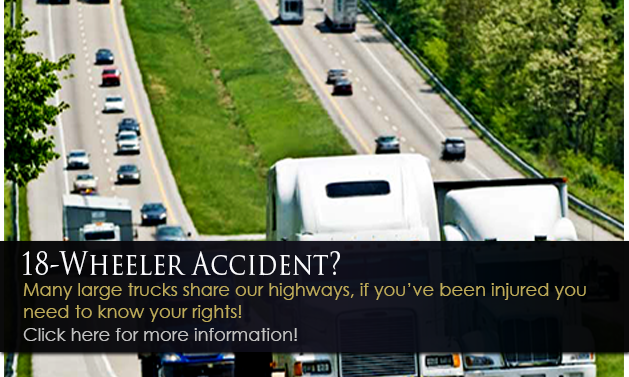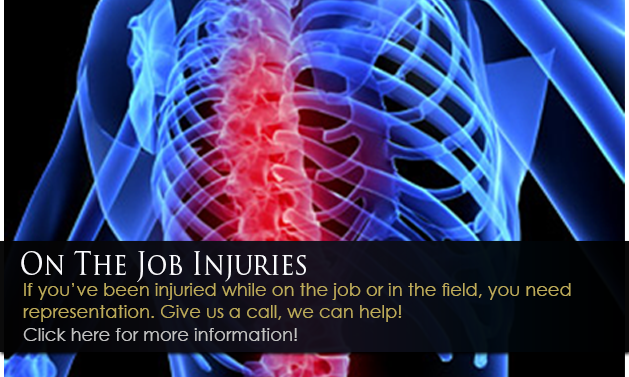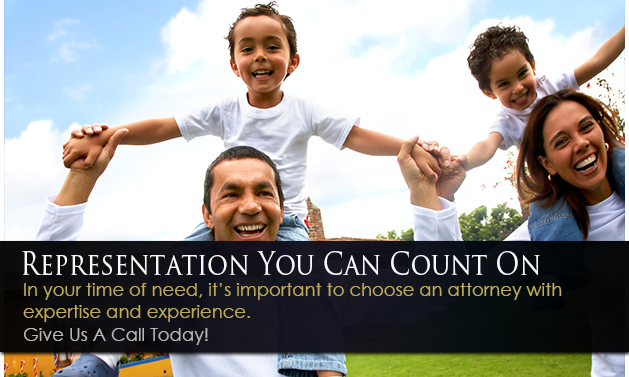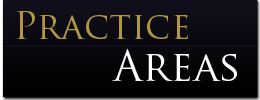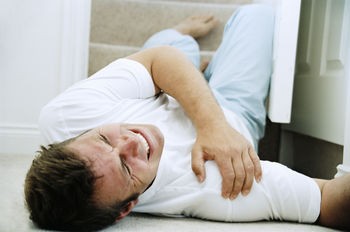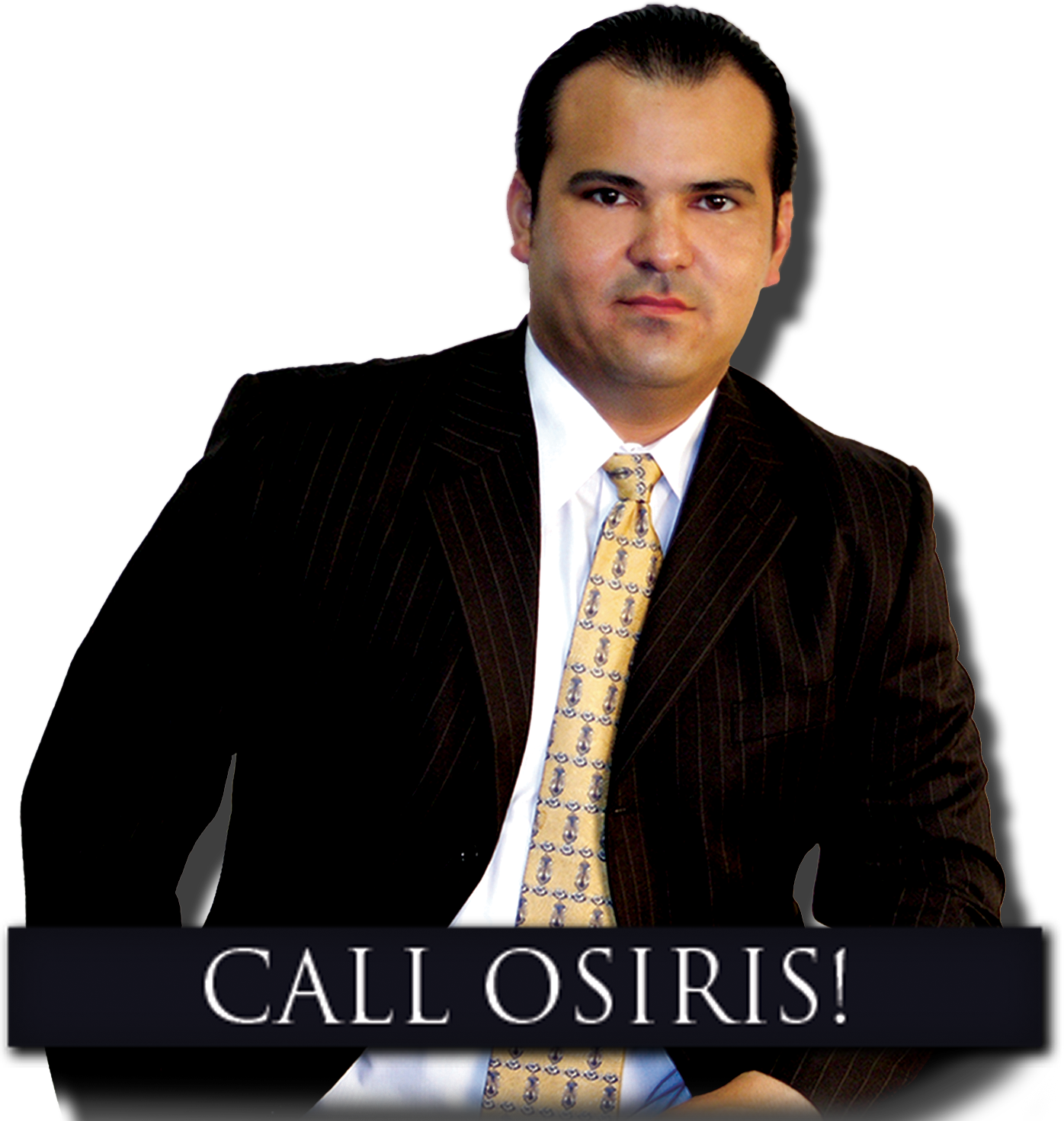
Premises liability is any form of negligence that results in personal injury while on another’s property. Our attorneys provide professional representation in premises liability litigation. Contact our office to discuss your case. Our highly skilled personal injury lawyers aggressively pursue the compensation you deserve. Labeling The Plaintiff In The CaseWhat is an Invitee?Those who enter another’s land with the owner’s knowledge and What is a Licensee?A person who enters premises with permission, but for his own convenience is known as a licensee. Those who enter for their own convenience are deemed to be licensees. Further, all social guests are treated as licensees for purposes of determining the duty owed to them by a homeowner. In order to establish liability on the part of the premises owner for injury sustained by a licensee while on the premises, the licensee must prove each one of the following:
In order for an owner to satisfy his duty, and thus extinguish liability, he can do one of two things:
A premises owner is not negligent unless he fails on both of these points. Negligence can be thwarted, therefore, by demonstrating either:
Absent a showing of actual knowledge on the part of the licensee, a defendant can argue imputed knowledge. Generally, a licensee is imputed with the knowledge of those conditions perceptible to him, or the existence of which can be inferred from facts within his present or past knowledge. Effect of distinction between licensee and invitee:
What is a Trespasser?A trespasser is a person who enters the property of another without any right, lawful authority, or express or implied invitation, permission, or license…and without any enticement, allurement, inducement, or express or implied assurance of safety from the owner or person in charge. A trespasser might be a burglar or thief who enters the property to commit a crime, but may also be a person who inadvertently wanders onto another’s property. Premises liability cases may be more lenient toward the property owner when trespassers are injured on the property. However, where children are involved the law tends to side with a child who is tempted to trespass by what is called an attractive nuisance. Common Types of Premises LiabilityMany personal injury and premises liability claims can be organized into general categories, such as:
Contact our attorneys to determine if your injuries fall under premises liability.
What to do in case of an accident? Visit our Resources Center to get the facts! |

